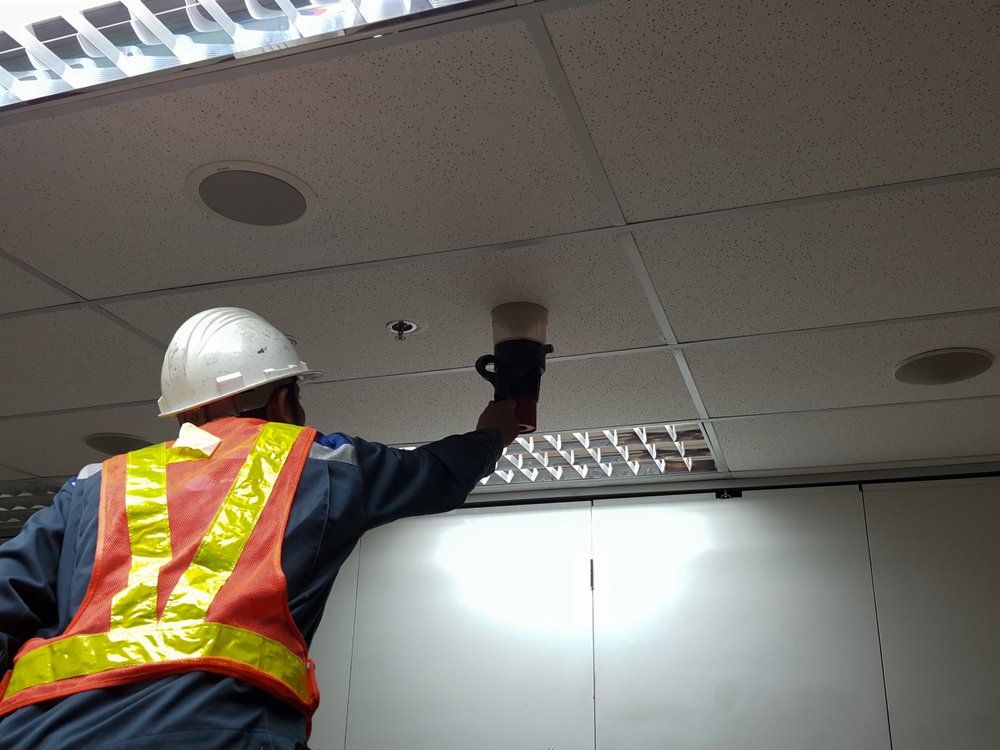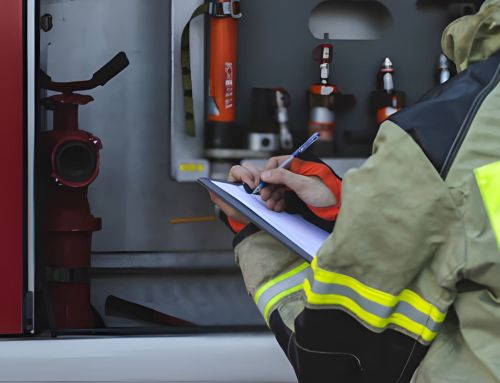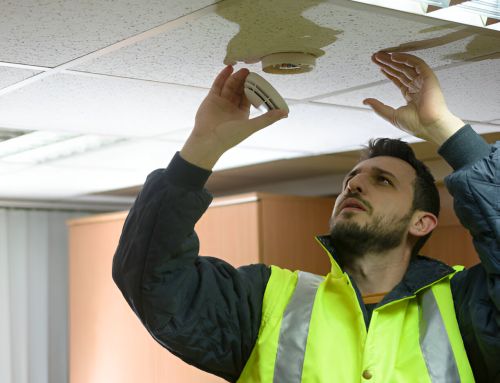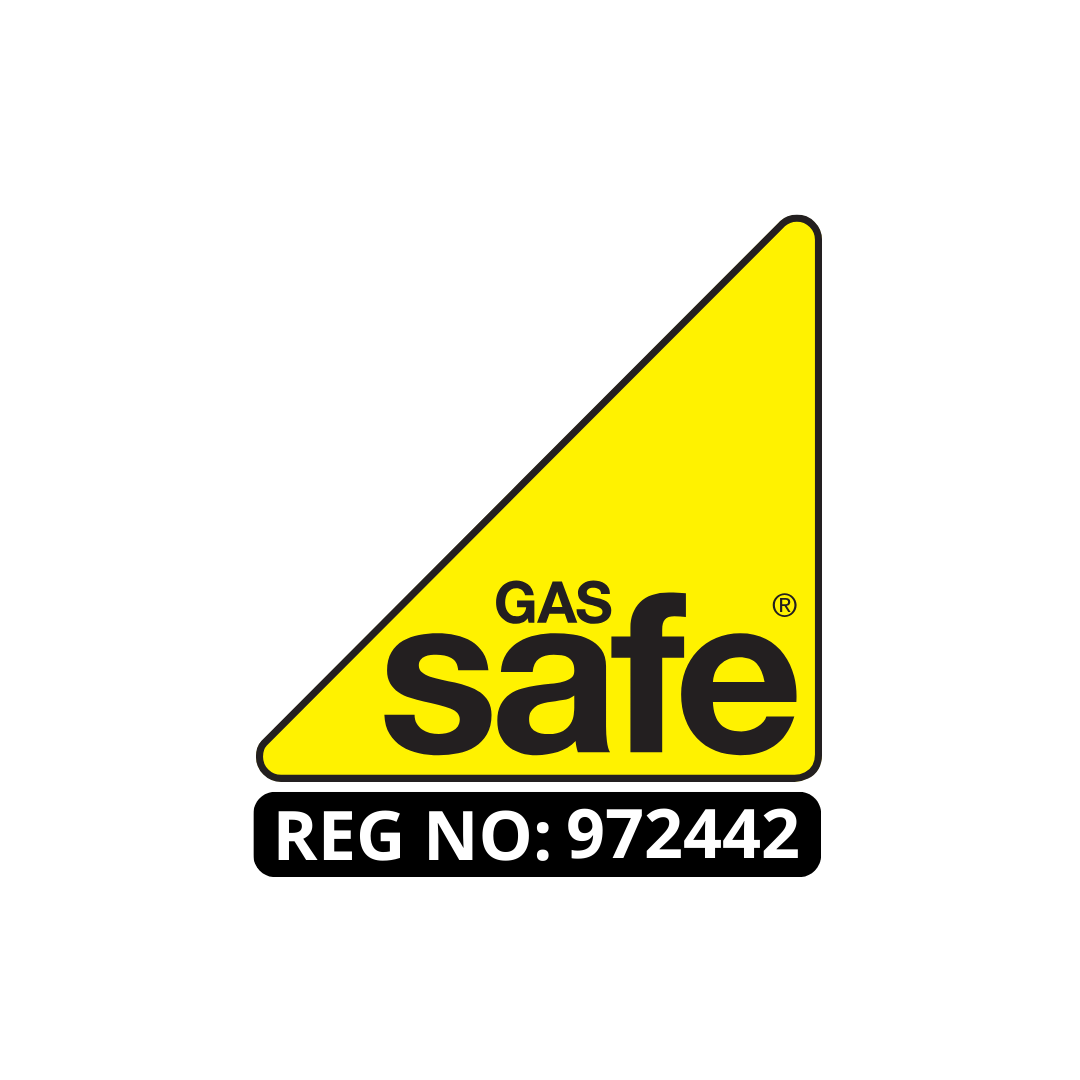
Who issues a Fire Safety Certificate?
Who Can Issue A Fire Safety Certificate;
You require an electrician with experience who is able to perform a thorough inspection and check and supply the fire alarm test certificate. Usually a NICEIC qualified engineer who has qualifications can carry out a fire safety certificate and who can issue a Fire Safety Certificate (BS5839 Fire Safety Certificate). We are NICEIC approved contractors and we can provide you with a fire safety certificate.
How to Obtain a Fire Safety Certificate? (Who Can Issue A Fire Safety Certificate)
In order to obtain the certificate of fire safety it is necessary to book and appointment with a NICEIC Registered Engineer, Who Can Issue A Fire Safety Certificate.
The Local Council or London Fire Brigade no longer issues the fire safety certificate, please read more below;
Fire Safety Law
The following legal instruments are the principal pieces of legislation which govern fire safety in the UK and are the ones specifically referred to in this document.
England and Wales
• The Regulatory Reform (fire safety) order 2005
Scotland
• The Fire (Scotland) Act 2005
• The Fire Safety (Scotland) Regulations 2006
Northern Ireland
• The Fire and Rescue Services (Northern Ireland) Order 2006
• The Fire Safety Regulations (Northern Ireland) 2010
Fire Certificates and old legislation
The above legislation amended many other pieces of legislation. It also repealed or revoked, among others:
• The Fire Precautions (Workplace) Regulations 1997
• Fire Precautions (Workplace) Regulations (Northern Ireland) 2001
• Fire Precautions Act 1971
The Fire Precautions Act required the Fire Brigade or Local Authority to issue a Fire Certificate for certain classes of premises. The authorities no longer issue Fire Certificates and those previously in force will have no legal status but don’t throw them away. Any fire certificates you have may be useful as a starting point for your fire risk assessment.
Fire Safety Certificate (Who Can Issue A Fire Safety Certificate)
The safety of your home and business is a primary issue for all businesses and homes, particularly within the United Kingdom. In the UK there are strict regulations regarding the safety of fire, and it’s obligatory for certain kinds of buildings to be equipped with the proper fire safety certification. This article will look at an in-depth review of what fire safety certificates are, what kinds of buildings require them and how you can get one.
What is a Fire Safety Certificate? (Who Can Issue A Fire Safety Certificate)
A certificate of fire safety is a document that proves the building was constructed, designed and maintained in accordance with the fire safety standards. It is given by the fire department in your area. It confirms that the building is in compliance with all the standards laid in the UK’s guidelines for fire safety. The fire safety certificate is required for certain kinds of structures and are essential to protecting the safety of residents and visitors.
Which Types of Buildings Require a Fire Safety Certificate? (Who Can Issue A Fire Safety Certificate)
The need for a certificate of fire safety is contingent on the kind of building as well as its intended usage. The following kinds of buildings need the use of a fire safety certificate
- Accommodation for staff sleeping, e.g., hotels guesthouses, guesthouses and hostels.
- Nursing homes.
- Educational facilities, including the schools as well as colleges.
- Hospitals, health facilities and similar establishments.
- Large gathering spaces including theatres, cinemas, or concert halls.
- Sports venues, like football stadiums.
- Warehouses and factories.
- High-rise buildings, including residential buildings over 18 meters in height.
- Other constructions that are ordered by authorities in the area.
Fire Safety Risk Assessment (Who Can Issue A Fire Safety Certificate)
Alongside obtaining the fire safety certification in addition, it is essential to carry out an assessment of risk to fire. A risk assessment for fire safety is an in-depth examination of a structure to determine possible fire hazards and determine the potential risk for occupants and visitors. It’s legally required for all non-domestic buildings , and must be carried out by a certified fire safety expert.
When conducting a threat assessment, the expert will examine the structure’s layout design, layout, and usage of building materials as well as any ignition sources that could be a possibility. They will also determine any possible hazards, for instance the presence of materials that are flammable or inadequate escape routes. Based on the findings the consultant will make recommendations to improve the safety of fire, for example, the installation of fire doorways, installing sprinkler systems, or upgrading methods for escape.
Conclusion
The safety of fire is an important element of any building and, within the United Kingdom, it’s a legally required requirement to get an official fire safety certificate for certain kinds of structures. To obtain a certificate of fire safety requires the submission of a thorough proposal to the fire department in your area, and showing that the building is in compliance with the fire safety standards applicable to it. In addition to getting the fire safety certification It is also essential to conduct a risk assessment to determine the risks and enhance the overall safety of fire.
Check Out Our Other Services
About the Author: LandlordCertificate
Related Posts
Get Social
Recent Posts
- Portable Appliance Test London: Expert PAT Testing for All Industries
- EICR London Keeping London Properties Electrically Safe and Compliant!
- Fire Safety Certificate London for Commercial and Residential Buildings
- Fire Safety Planning and fire risk assessment London for Building Safety
- Top Reasons to Invest in Fire Alarm Installation London for Safety and Compliance













